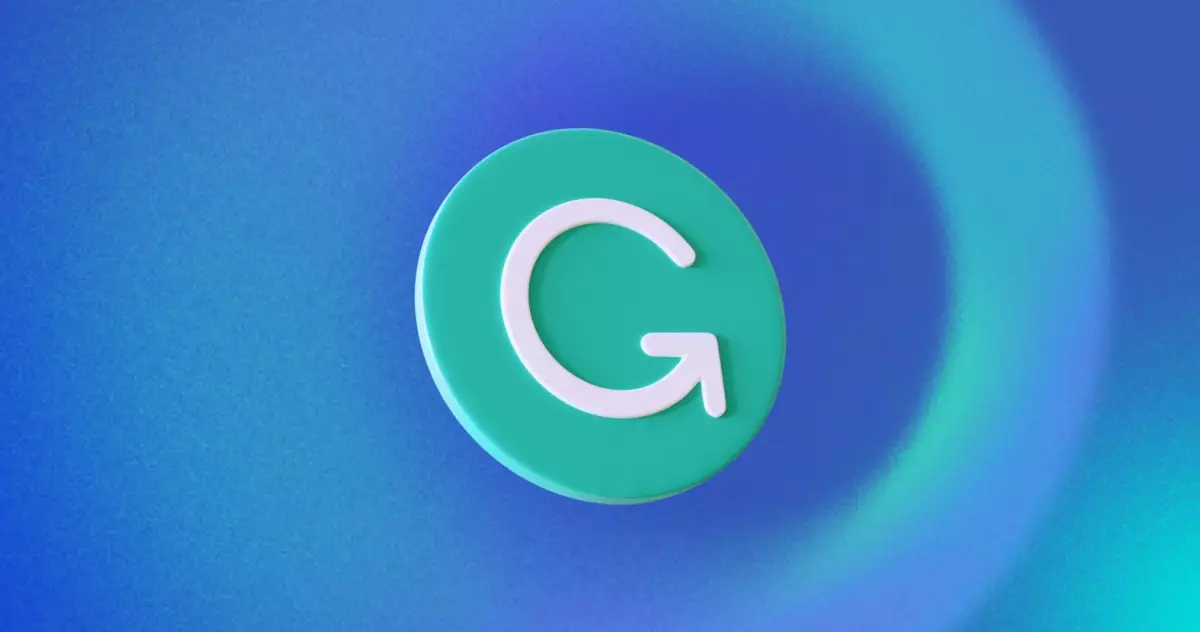In a notable move within the tech landscape, Grammarly has confirmed its acquisition of productivity startup Coda. Announced on Tuesday, this acquisition marks a pivotal shift in Grammarly’s strategic direction. While the specific financial details remain undisclosed, the implications of the purchase are profound, promising to enhance Grammarly’s offerings by integrating Coda’s innovative technology.
With this acquisition, Coda’s co-founder and CEO, Shishir Mehrotra, has assumed the role of CEO at Grammarly, succeeding Rahul Roy-Chowdhury, who will transition to an advisory position. This change in leadership underscores Grammarly’s ambition to elevate its AI-driven capabilities. Mehrotra, who boasts an impressive 25-year career in technology with previous leadership roles at YouTube, envisions an evolution for Grammarly’s AI assistant. His vision includes creating a more interconnected and intelligent assistant capable of seamlessly integrating with various platforms—from emails to customer relationship management (CRM) systems. Such a vision could revolutionize how users interact with productivity software, allowing for more streamlined workflows and enhanced productivity.
Grammarly’s acquisition of Coda aligns with a broader trend of integrating artificial intelligence into productivity tools. Coda’s own offerings—specifically its product Coda Docs—will benefit from the integration of Grammarly’s assistance functions, enhancing user experience by providing contextual writing support. This synergy is expected to result in a more robust platform that combines generative AI chat capabilities with powerful productivity tools. As Mehrotra suggests, the integration aims to redefine productivity by creating a centralized hub of company knowledge and resources, fueling efficiency in workplaces of various kinds.
Grammarly currently serves a user base of approximately 40 million individuals and holds a valuation of $13 billion, while Coda was valued at $1.4 billion after its Series D funding in 2021. This acquisition not only bolsters Grammarly’s market positioning but also signifies a critical competitive strategy aimed at leading the charge in AI-driven writing and productivity solutions. As the landscape of AI assistants continues to evolve, Grammarly is positioning itself to offer tools that are not only intuitive but essential to modern-day workflows.
As Grammarly continues to expand its capabilities through Coda’s technology, the implications for users are significant. New features may emerge, facilitating a more interactive and efficient engagement with digital tools. The combined forces of Grammarly and Coda are set to enhance the user experience dramatically, ultimately aiming to save time, improve writing, and drive productivity in an increasingly digital world. As this transformation unfolds, it will be critical to monitor how these changes affect both individual users and businesses navigating the complexities of modern productivity.

